The Renewable Energy and Chemical Transformations (REACT) Cluster at the University of Central Florida (UCF) in collaboration with the Florida Chapter of the American Vacuum Society (AVS) and UCF-AVS student chapter is hosting a Distinguished Lecture Series on Catalysis. Prominent scientists from various universities, research centers, and industry conducting experimental and theoretical research in surface science and catalysis will be giving lectures every other week. The lectures are intended for an audience with a broad range of expertise, from undergraduate and graduate students to senior scientists.
This series is free to all registrants, available through Zoom. Early registration is recommended as enrollment is limited to 300 participants.
To register for the webinar, please fill out this Google form.
If you register, you will receive weekly email updates about the webinars as well as Zoom/WebEx links to attend them.
For additional questions please contact Dr. Mihai E. Vaida at mihai.vaida@ucf.edu.
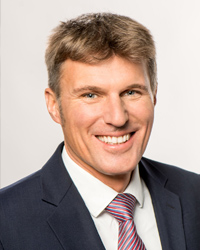
Emerging operando spectroscopies and microscopies reveal a highly dynamic behavior of interfaces in energy conversion systems. Insufficient insight and the concomitant inability to control or exploit the corresponding strong structural and compositional modifications centrally limits the development of performance catalysts, electrolyzers or batteries required for a sustainable energy supply for our society. Predictive-quality modeling and simulation has become a major contributor to accelerated design all across the materials sciences, not least through powerful computational screening approaches. Current first-principles based methodology is nevertheless essentially unable to address the substantial, complex and continuous morphological transitions at working interfaces. I will review this context from the perspective of first-principles based multiscale modeling, highlighting that modern machine learning approaches are likely key to tackle the true complexity of working systems.
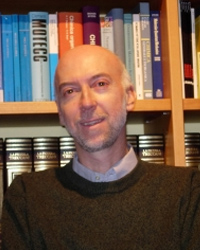
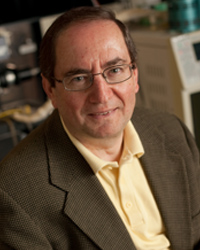
In the past two decades, there has been a paradigm shift in the recognition that catalytic materials are dynamic and their surface and bulk structures strongly depend on environmental conditions (T, Pt, Pi, etc.). This realization has advanced the development of characterization studies able to function under relevant reaction conditions with simultaneous online analysis of the reaction products (referred to as operando spectroscopy). This presentation will introduce the concept of applying operando spectroscopic characterization to reactive systems and showcase how such studies are establishing unprecedented fundamental structure-activity/selectivity insights.

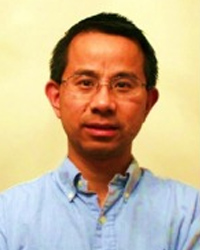
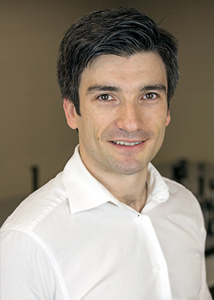 |
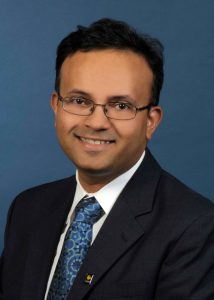 |
|
| Dr. Vaida received his B.Sc. in Physics from West University of Timişoara. He obtained an ERASMUS scholarship to perform research at Free University of Berlin during his master degree program. After receiving the MS. in Physics, Dr. Vaida obtained a DAAD fellowship for doctoral studies at the Institute of Surface Chemistry and Catalysis at Ulm University, where he earned his PhD degree. Subsequently, he carried out research as a postdoctoral research scholar in the Chemistry Department at University of California, Berkeley. He began as Assistant Professor at University of Central Florida in September 2016. | Professor Banerjee is an Associate Professor in the Department of Materials Science & Engineering at the University of Central Florida. His background is a rich combination of industrial and academic experiences. He was a process R&D engineer at Micron Technology Inc., for 6 years developing front end processes for advanced silicon device manufacturing. Before moving to UCF, Professor Banerjee was faculty in the Department of Mechanical Engineering and Materials Science at Washington University in St. Louis. |